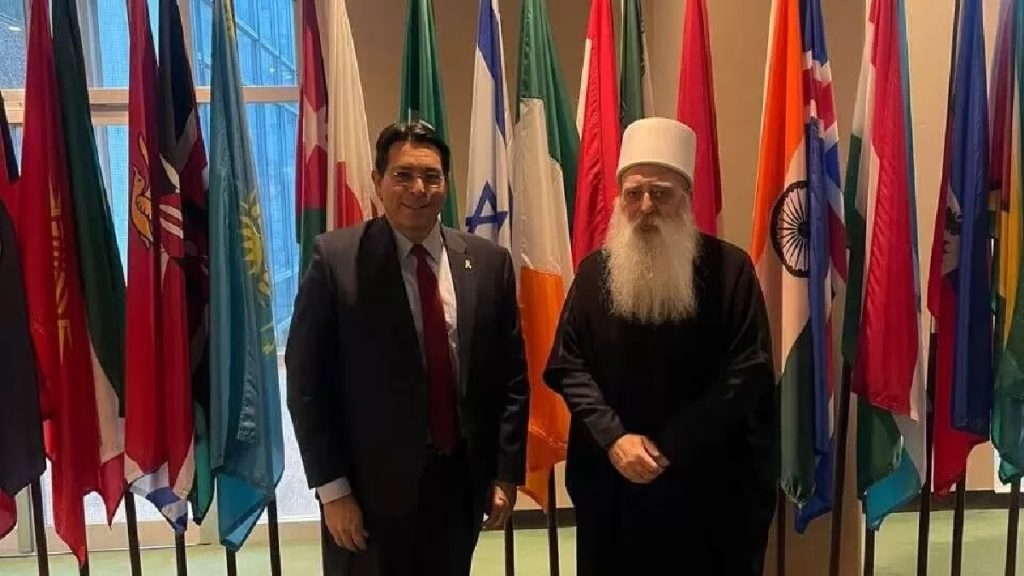Watan–In light of the fall of the ousted Syrian regime and the formation of a new administration for the country under the leadership of Ahmad al-Sharaa, followed by political and field developments, the Druze minority expressed its concern and doubts about how the new Syrian administration would deal with them.
The Druze in the city of Suwayda refused to surrender their weapons to al-Sharaa‘s forces, and they prevented the entry of the new administration’s police forces into their areas until their “rights and status” were secured.
The new leadership in Syria rejected appointing a Druze governor in Suwayda, the largest Druze-majority area in the Middle East, located in the southwest of Syria.
In contrast, Ahmad Ouda, who is accused of being responsible for the deaths of more than 200 Druze during clashes in 2017 in the village of Hadr, was appointed to oversee Druze areas.
The Druze expressed their fear that if they did not comply with the instructions of the new Syrian administration, including the revision of school curricula in Syria to emphasize Islamic teachings and Quranic studies, even for non-Muslims, their situation could worsen.
In an effort to protect the Druze in Syria and ensure their safety, the spiritual leader of the Druze in Israel, Muafaq Tarif, rushed to visit the United States.

Tarif met with senior international leaders, including United Nations Secretary-General António Guterres, to discuss the situation of the Druze in Syria and Lebanon due to the current volatile situation.
During his visit to Washington and New York, Tarif held meetings with U.S. Senators, Members of Congress, senior officials in both the current and incoming U.S. administrations, Israeli Ambassador to the U.S. Mike Herzog, and Israeli Ambassador to the United Nations Danny Danon.
After their meeting, Ambassador Danon said, “The Druze community is an inseparable part of the Israeli society. We are doing everything we can to help them and ensure their safety in Israel and abroad. We will continue to work on the international stage to ensure their well-being.”
For his part, Sheikh Tarif emphasized the need for international awareness and intervention, stating: “The uncertainty in southern Syria requires international participation and monitoring. Stability in Syria cannot be achieved without ensuring the stability and historical rights of the Druze communities.”
During the meetings, Sheikh Tarif also raised the issue of Israeli prisoners held in Gaza and called for increased involvement from the United Nations.
Meanwhile, United Nations Secretary-General António Guterres reiterated his commitment, calling for the release of hostages “unconditionally as a top humanitarian priority.”
